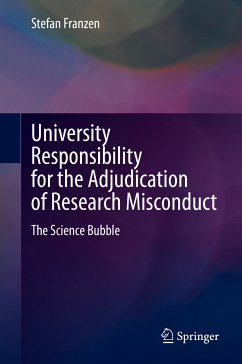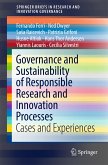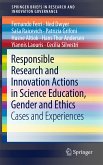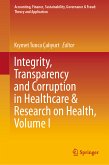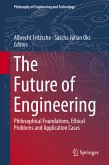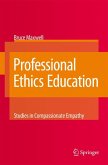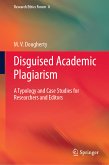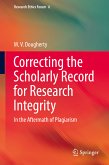This book offers a scientific whistleblower's perspective on current implementation of federal research misconduct regulations. It provides a narrative of general interest that relates current cases of research ethics to philosophical, historical and sociological accounts of fraud in scientific research. The evidence presented suggests that the problems of falsification and fabrication remain as great as ever, but hidden because the current system puts universities in charge of investigations and permits them to use confidentiality regulations to hide the outcomes of investigations. The book documents the significant conflict of interest that arises because federal regulation gives universities the responsibility to conduct investigations of their own faculty with severely limited oversight. The book is intended for young research scientists or anyone who wishes to understand the challenges faced by scientists in the workplace today. The central thread in the book is an exclusive account of an experienced research scientist who was the first to expose the facts that led to the longest running research misconduct investigation in the history of the National Science Foundation.
Dieser Download kann aus rechtlichen Gründen nur mit Rechnungsadresse in A, B, BG, CY, CZ, D, DK, EW, E, FIN, F, GR, HR, H, IRL, I, LT, L, LR, M, NL, PL, P, R, S, SLO, SK ausgeliefert werden.

